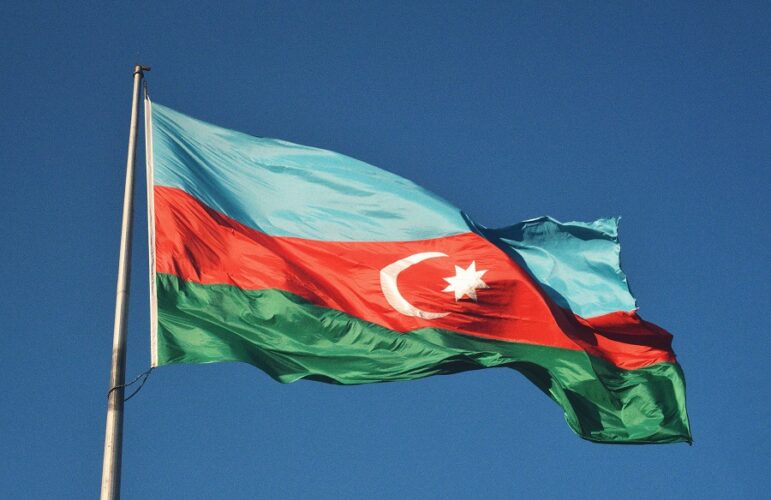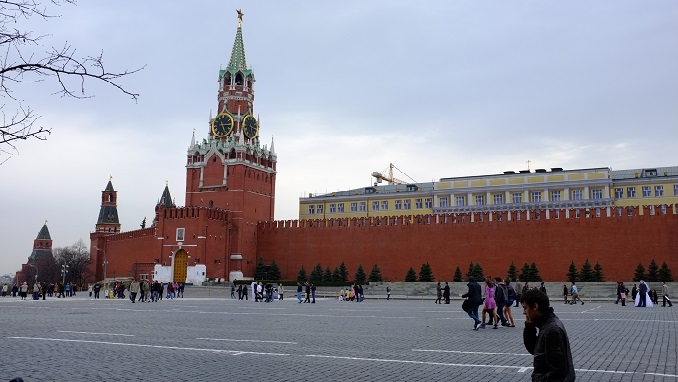According to Amnesty International, hundreds of residents in the secessionist territory of Nagorno-Karabakh are having their lives put in jeopardy due to the continuous siege of the Lachin corridor.
The human rights organization urged Russian peacekeepers and the government of Azerbaijan to open the road right away and put an end to the escalating humanitarian tragedy.
Since December 12, 2022, the route that connects Nagorno-Karabakh and Armenia has been closed to all commercial and passenger traffic due to a blockade by dozens of Azerbaijani demonstrators who are widely thought to have government support. Around 120,000 ethnic Armenian citizens of Nagorno-Karabakh are now unable to access necessities like life-saving medicine and healthcare due to the current scenario.
Health professionals and locals in the area were interviewed to learn more about the blockade’s particularly negative effects on vulnerable populations like women, the elderly, and persons with disabilities.
Marie Struthers, the Director of Amnesty International for Eastern Europe and Central Asia, claims that the blockade has caused severe shortages of food and medical supplies because the amount of humanitarian aid provided by Russian peacekeepers and the International Committee of the Red Cross has not been sufficient to meet demand. She continued, calling for an immediate stop to these actions, saying that interruptions in the provision of electricity, natural gas, and motor fuel add up to significant suffering, especially for populations that are prone to prejudice and marginalization.
The number of vehicles entering the region has fallen since the embargo started from 1,200 per day to five to six trucks from the Russian peacekeeping operation and the ICRC, according to Nagorno-Karabakh de-facto officials.
The most urgent problem in the blockaded area is now access to healthcare due to a lack of medicines and medical supplies as well as a lack of gasoline to provide outpatient services. Elderly persons and those with disabilities, many of whom have chronic health concerns, are disproportionately affected since their access to healthcare services is severely restricted or, in some circumstances, completely disrupted.
Due to the blockade’s impact on the food supply, rationing was instituted by the de facto government in early January. One resident claimed that each person could have half a kilo of rice, pasta, one litre of oil, and only a small amount of sugar every month, regardless of age. According to those surveyed, while these initiatives have helped keep costs for basic food items from rising, fresh produce has totally vanished from shop shelves and when it does appear, huge lines form for milk and eggs.
The infringement of one’s right to education is one of the blockade’s many grave effects. Due to a lack of heat and electricity, all of the 27,000 students enrolled in schools and kindergartens had to be temporarily dismissed. On January 30, 2023, schools partially reopened, although only for four hours each day.
Since the start of the blockade, 1,100 Nagorno-Karabakh inhabitants, including at least 270 children, have been left stuck outside of the area and unable to return home. In Armenia, they are housed in hotels or the houses of relatives and volunteers.
The regular interruptions in the flow of gas from Azerbaijan and the daily average six-hour interruptions in electricity supply further worsen the shortage of gas and gasoline.



